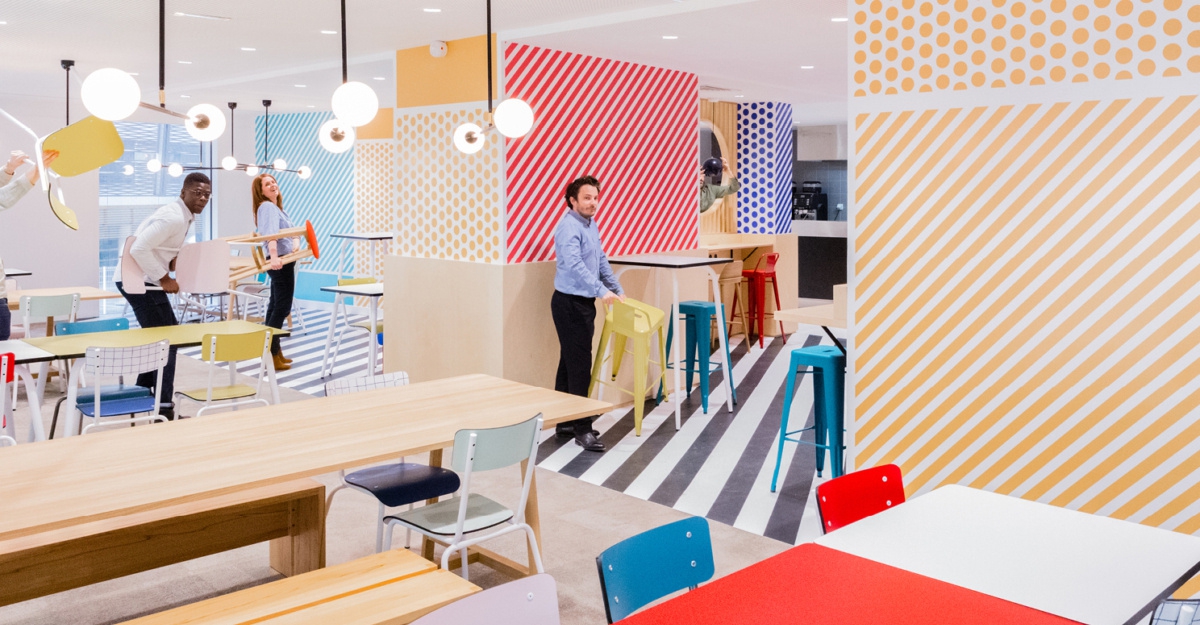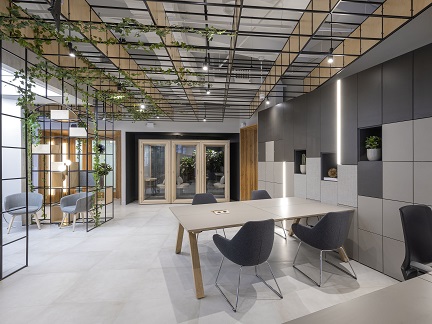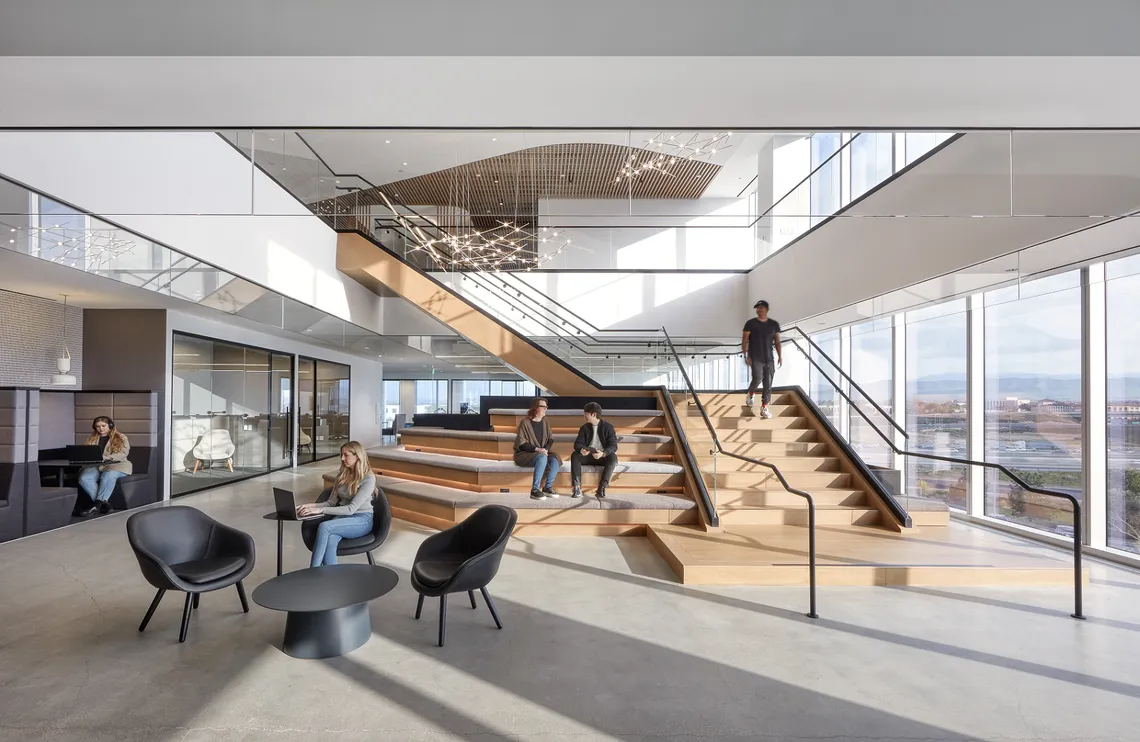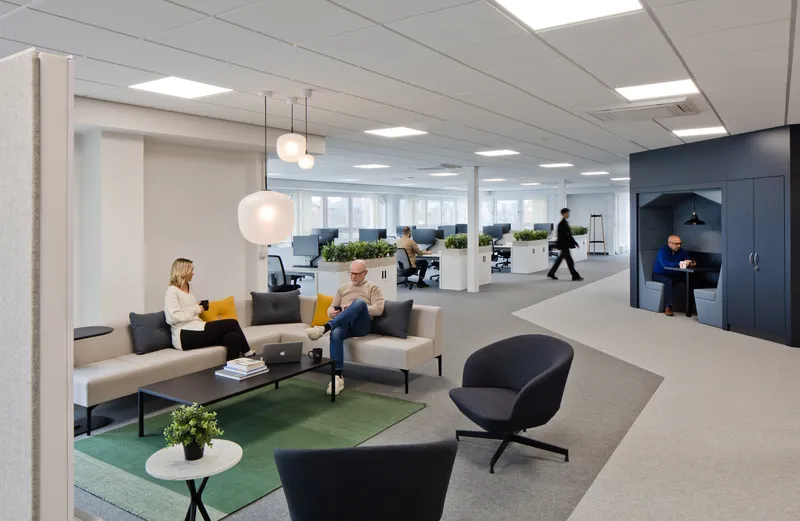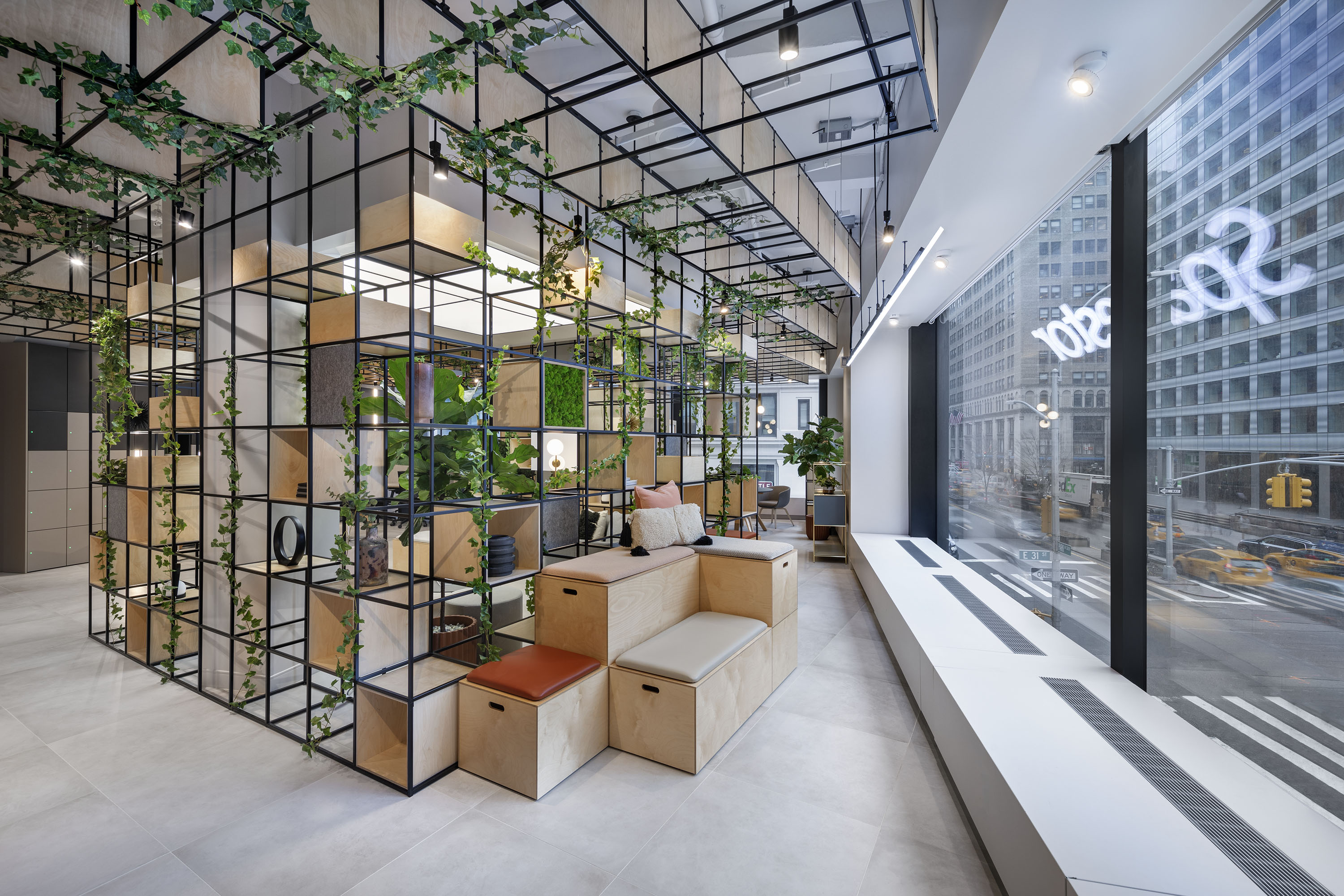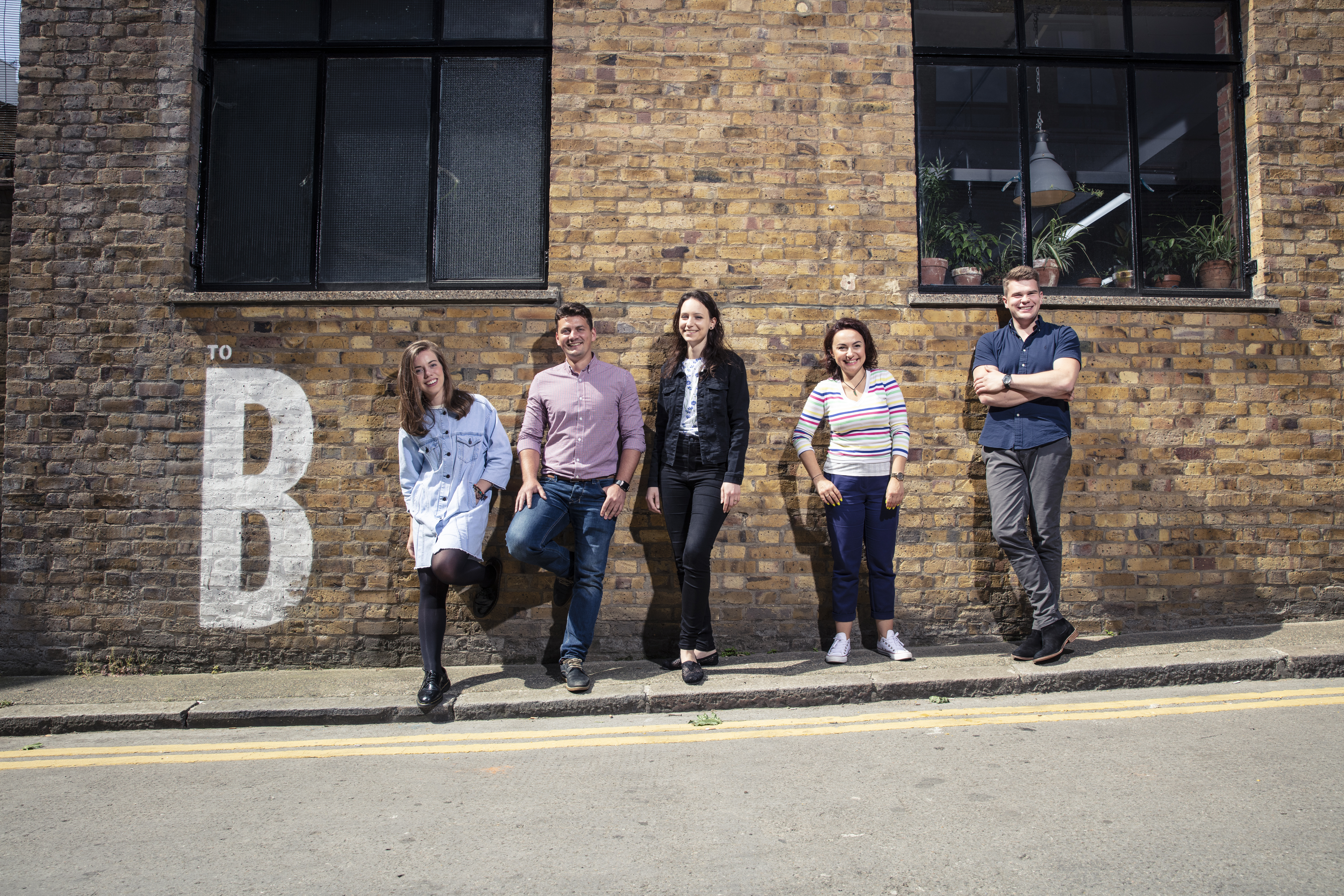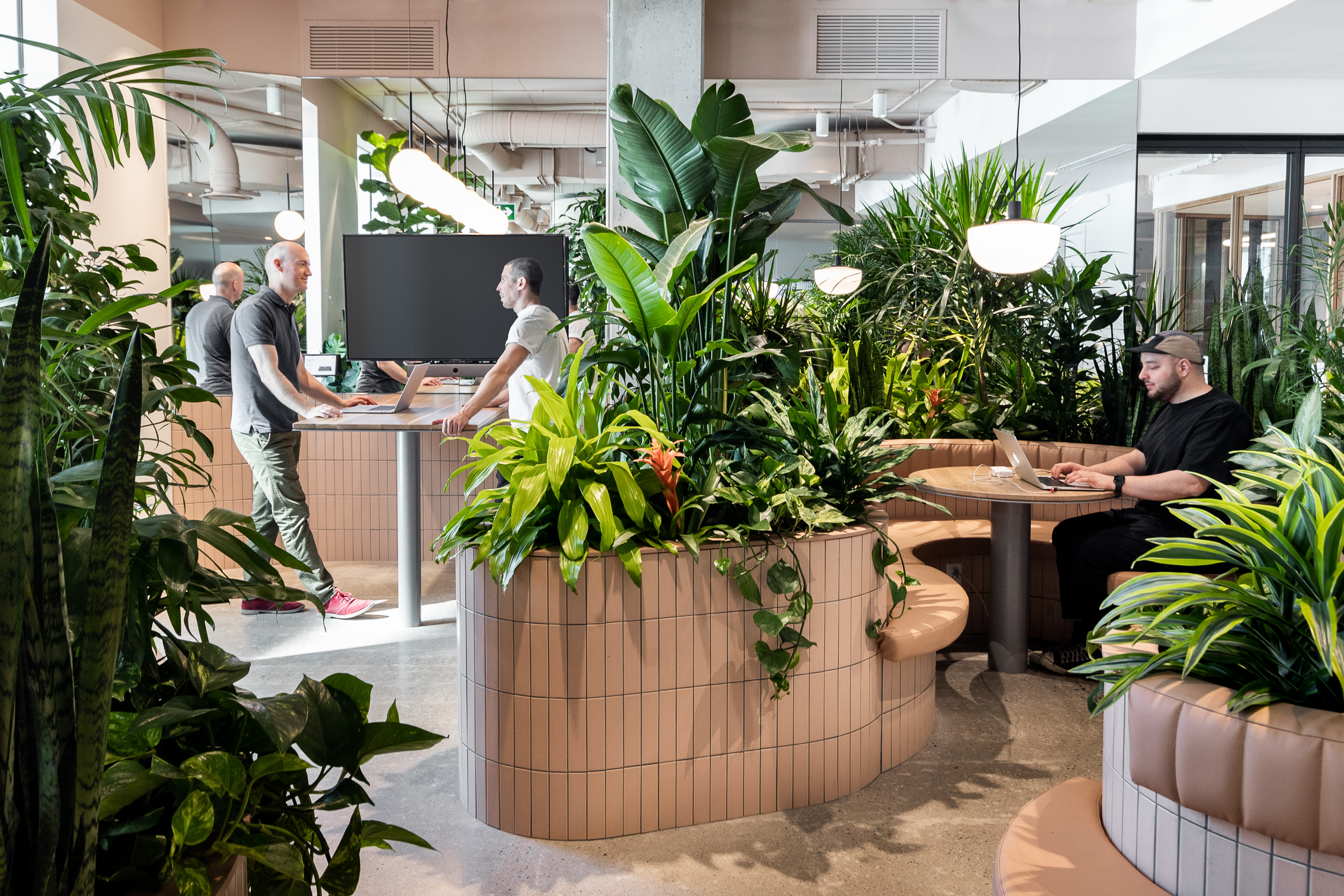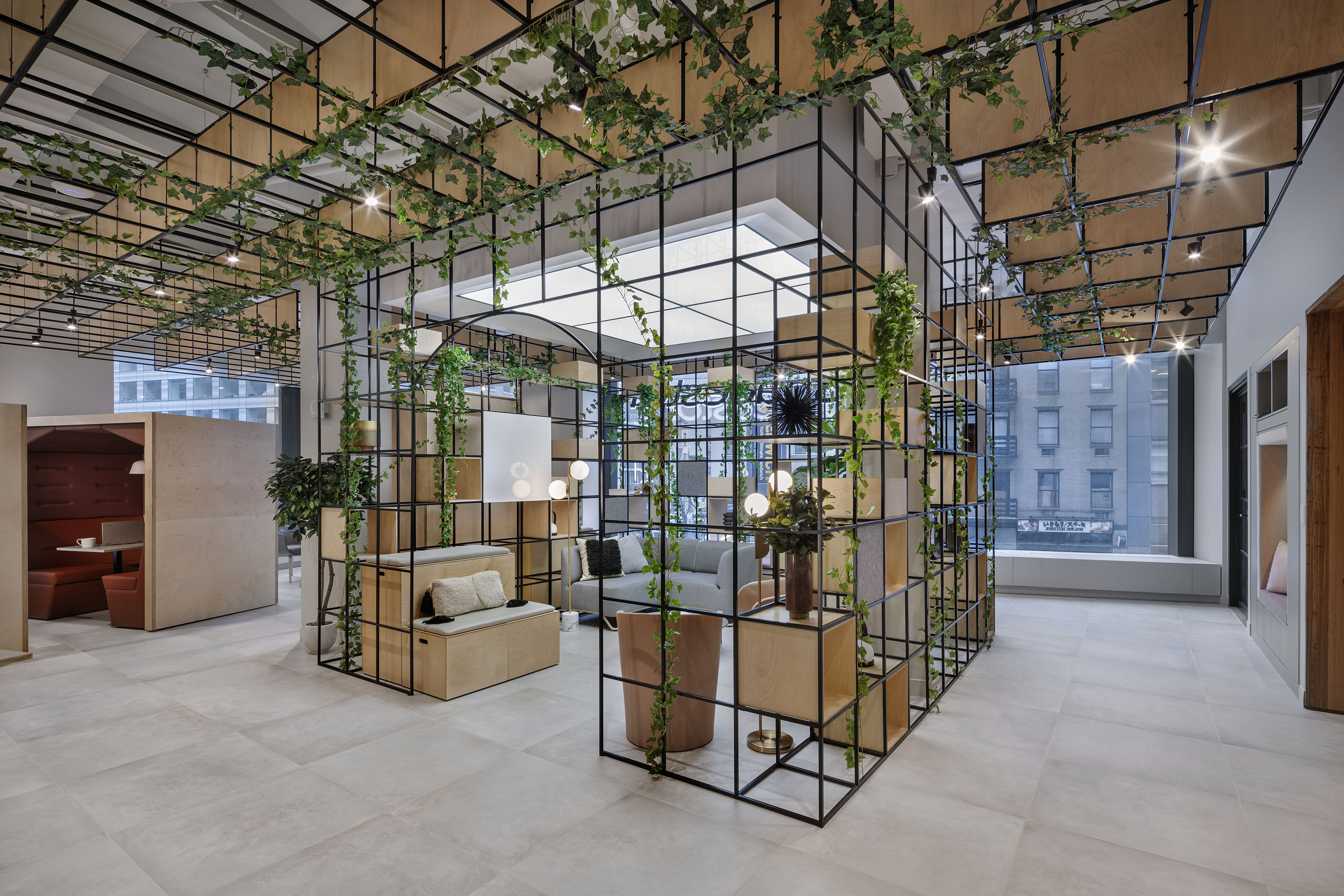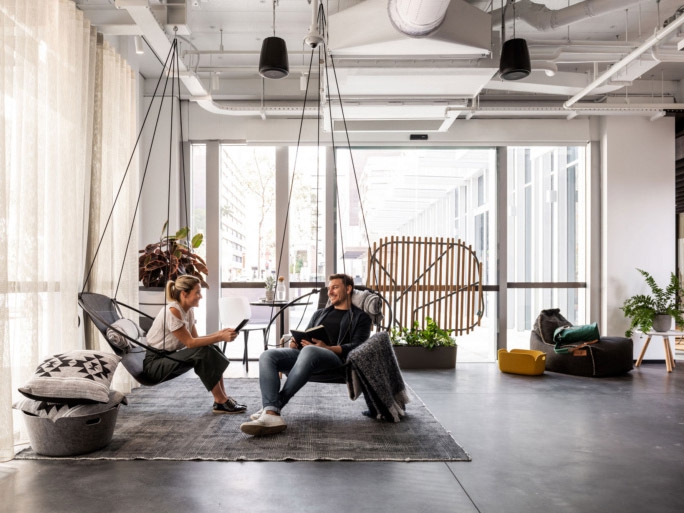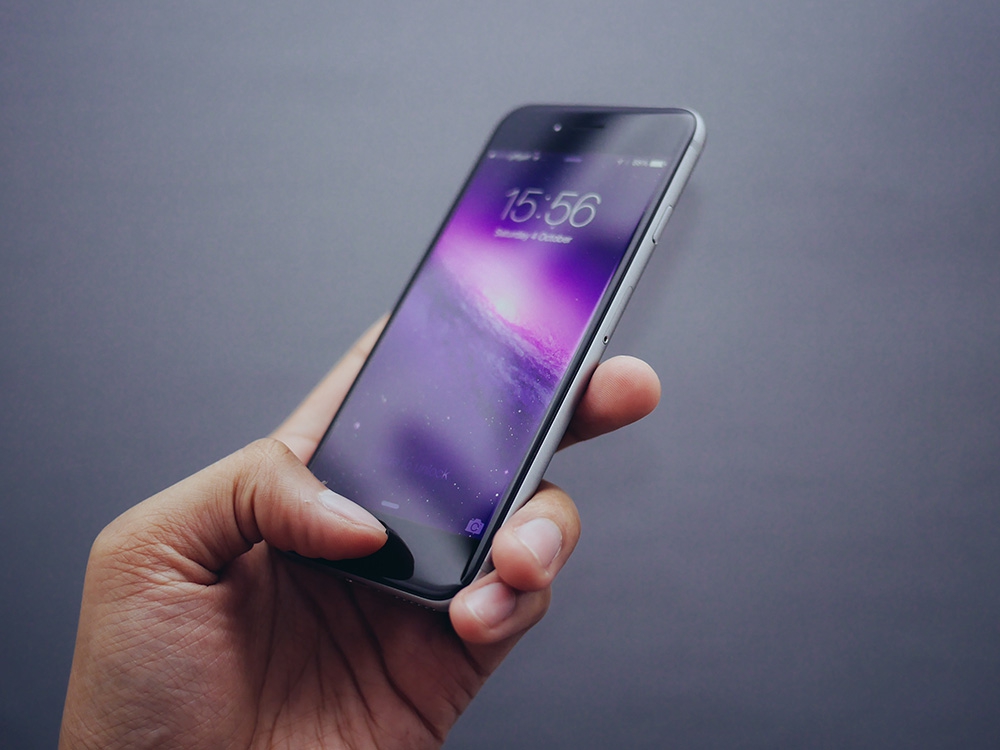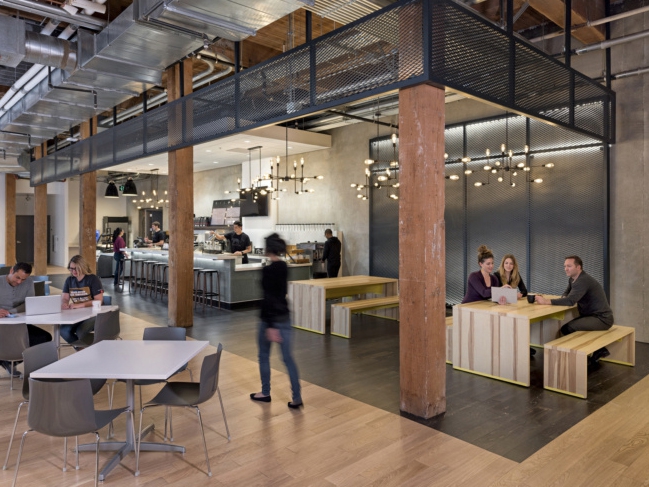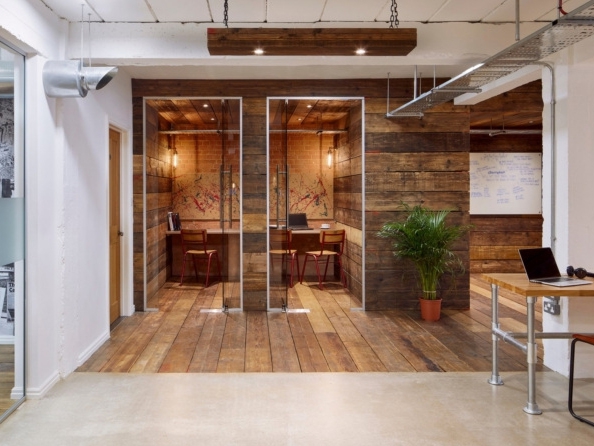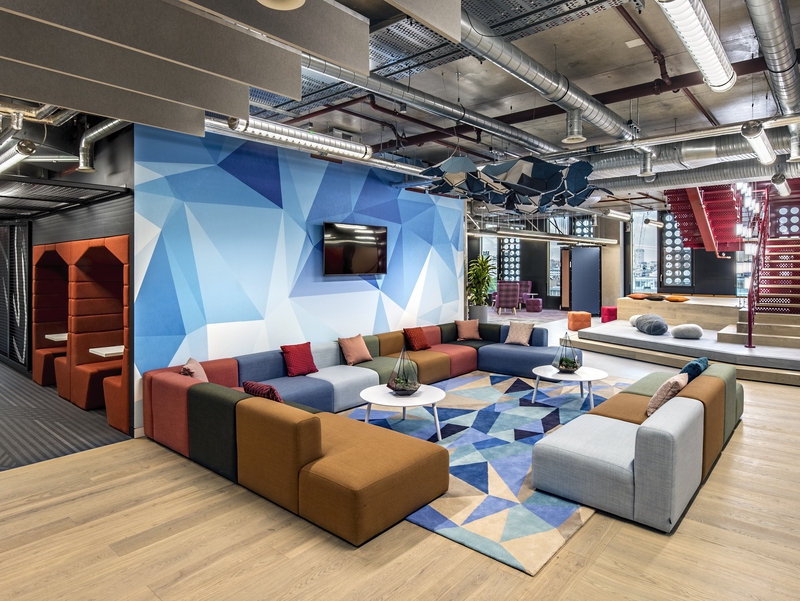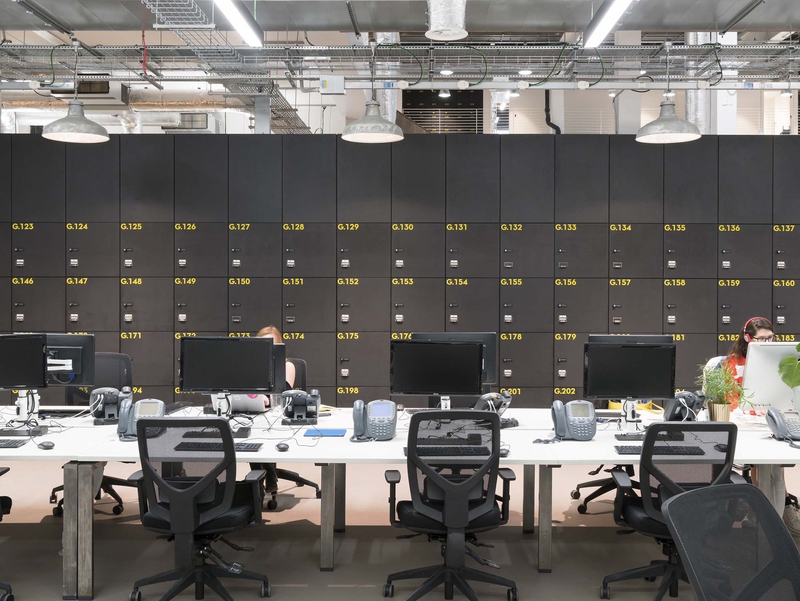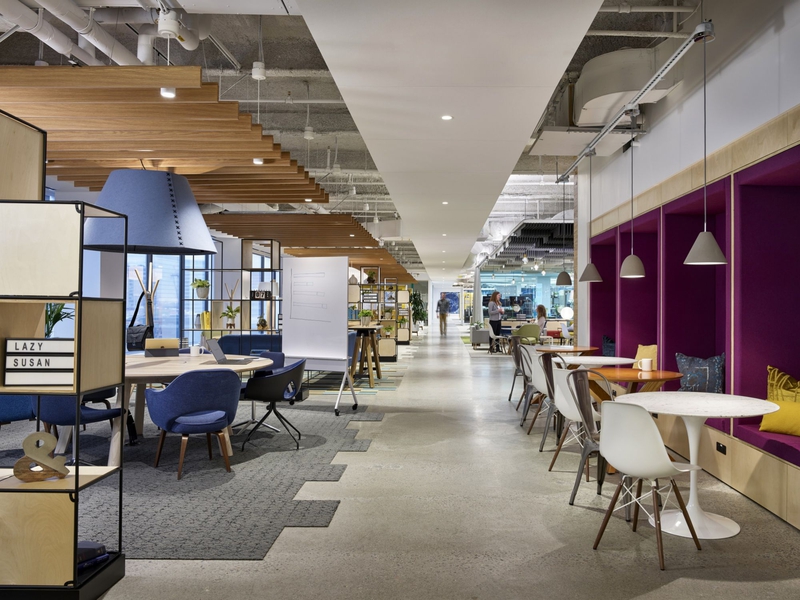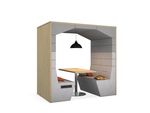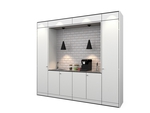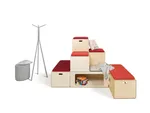18 octobre 2018
Tendances du secteur
Today’s a good time to focus on the generation that’s just entering the workforce now: Generation Z, composed of those born between 1995 and 2010, which is currently aged 23 or younger. This is the largest generation in history and is set to change our working practices, and our workplaces, once more, so for this blog we’ll be looking into what makes these young people tick; which may not be the things you expected. To begin, let’s have a look at three of this generation’s most prominent characteristics: its diversity, its pragmatism, and its love of mobile devices.

Diversity
Compared to past generations, Z is more racially diverse, more likely to have friends from different racial and religious groups than its own and—relative to Millennials, and perhaps surprisingly—more religious. Its members have less traditional family backgrounds, and more than ever come from single-parent or same-sex parent families. As such, they’re more concerned with gender equality, and racial and religious tolerance, than previous generations and may have an increased sensitivity regarding these issues.

Furthermore, diversity of all kinds of thoughts and opinions is important to them, and businesses should foster this by providing spaces in which differing opinions can be voiced and problems can be solved collaboratively. Gen Z’ers are open to listening to others and (according to research from workplace consultants Peldon Rose, which is used throughout this piece) 70% say it’s important for them to work with older colleagues with more experience, and to learn from them.
Pragmatism
Having grown up during the 2008 recession, Gen Z’ers are understandably less confident in the economy, and this makes them more cost conscious and risk averse. Theirs is a pragmatic generation, many of whom are motivated by the prospect of having a secure life and plenty of money. Many are also choosing to skip university and go straight into the workforce in order to avoid accumulating any burdensome student debt.
They’re very inclined towards entrepreneurialism, with 72% of Gen Z’ers at secondary school professing that they’d like to start a business of their own. When they do reach the workplace they’re happy to work hard, but expect to be rewarded accordingly, and many hope to one day acquire ownership stakes in their businesses. Likewise, many will also be working on their own business ideas on the side.
Mobile Devices
Facebook was launched in 2004, and the iPhone in 2007, and most Gen Z’ers grew up with a mobile device as a given. Not only do they spend more time online than previous generations, they’re also used to getting their entertainment from their phones rather than the television or computer. They were raised within a culture of instantaneous gratification, which has cultivated within them a desire for quick answers and a tendency towards informality in communications.

But of course this works both ways: with a desire for instantaneous gratification comes a drive towards efficiency and fast results. Because they’re so used to using many different apps simultaneously, they’re well suited to multitasking in the workplace, and also well placed to teach older colleagues how to make the most of the latest digital tools.
And, rather surprisingly, Generation Z likes to talk in person: 53% say they prefer talking to instant messaging or email. Many of them they really don’t like email.
Generation Z in the Workplace
While many Gen Z’ers will work as freelancers or entrepreneurs, very few will want to do so from home: only 8% say they work best from home. Likewise, 81% say that having a well-designed office is important to them, more than any other generation. So, how we can best accommodate them through intelligent workplace design? The key is to provide a good mix of vibrant communal spaces and relaxing quiet spaces.
Communal Spaces
Most of Generation Z (81% again) consider the provision of social and communal spaces at work to be important; perhaps because they’re twice as likely (43%) as Boomers to value the benefits of making friends with colleagues, perhaps because they’re unlikely to own their own homes and want to have some home comforts in the office. Whatever the reason, they like to be provided with social hubs like shared kitchens, hot drink stations, relaxed seating areas, games rooms and more.
Gen Z’ers also maintain less of a boundary between work and leisure, and are willing to work at home, or while travelling, effectively turning the whole world into their office. One interesting corollary of this blurring of the boundaries is that 65% believe that working in a fun environment makes for a good company culture and, as such, the majority (60%) expect to be allowed to listen to music in the office; which means that it’s also essential to provide …
Quiet Areas
Dedicated quiet spaces, such as meeting pods or acoustic workspaces, for concentrated work are a necessity in bustling open-plan offices. Similarly, Gen Z’ers think that it’s really important for employers to promote good mental health and wellbeing at work, so it’s a great idea to introduce “Serene Sanctuaries” where staff can relax, unwind or meditate, alongside plentiful biophilia and the freedom to go outside and have a calming walk when necessary.

Lastly …
Not only do the majority of Gen Z'ers say that having a well-designed office matters for them, 68% would also like a say in how it’s designed (compared to 54% of all employees). They want a workplace that’s social, enjoyable to work in, and beneficial for their overall wellbeing. They want a workplace that’s agile and has a variety of breakout areas and quieter spaces for them to choose between. They want, in other words, the same things as most generations do, only slightly more so. The most important thing to remember is: while Gen Z'ers do some things differently, they don’t represent a radical change from the generations preceding them.
Partager cet article
